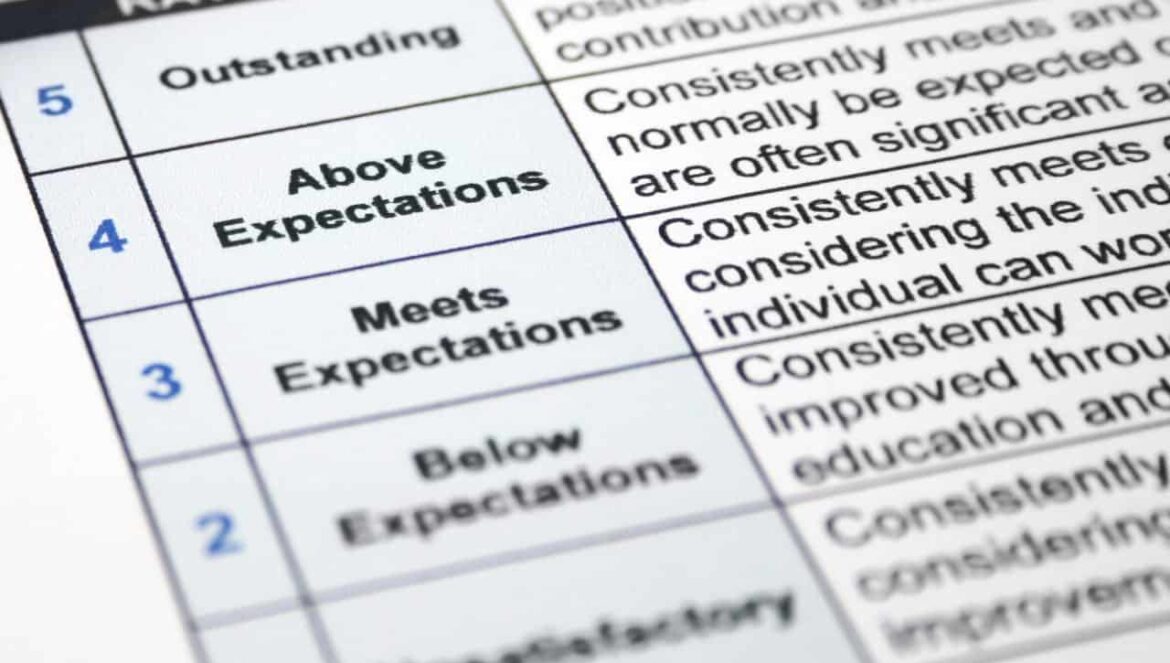Some schools and districts are changing their grading systems
edCircuit Breakdown
Some schools and districts are switching away from traditional letter grades to some variation of a standards-based grading system. The goal is to get an overall picture of what each student is learning and areas that might need extra attention.
As a result of switching to standards-based grading at a middle school in Wisconsin, the board recently voted to do away with the traditional honor roll for excellent students. They say the honor roll isn’t applicable to the new grading system.
Mastery-based learning, also known as proficiency-based or competency-based learning is a movement that is being implemented all over the nation, creating what the New York Times calls, “A New Kind of Classroom: No Grades, No Failing, No Hurry.”
edCircuit Analysis
In a system that is slow to embrace change, the traditional letter grade at the end of a term to completely sum up a student’s performance over that time period is one tradition that some say needs to go.
 Tom Gusky, a professor at the University of Kentucky who studies these things, says grading reform is lagging behind changes in curriculum, teaching practices and standardized assessments, especially in the U.S. American schools are “more bound by tradition than any other developed country in the world,” Gusky said. Schools in the U.S. “continue these practices simply because ‘we’ve always done it that way.’”
Tom Gusky, a professor at the University of Kentucky who studies these things, says grading reform is lagging behind changes in curriculum, teaching practices and standardized assessments, especially in the U.S. American schools are “more bound by tradition than any other developed country in the world,” Gusky said. Schools in the U.S. “continue these practices simply because ‘we’ve always done it that way.’”
Susan M. Brookhart, Professor Emerita at Duquesne University and the author of the recent book, How to Use Grading to Improve Learning, says that grading reform is actually a matter changing the way people who do the grading think. She argues that the fundamental thought process for teachers should be that grades or scores should be based on a student’s performance in relation to the learning goal, not the student’s ability to follow directions.
As more schools and districts look at the inherent problems with all-encompassing letter grades, expect to see more changes that look at the whole learning process and less at scores on a final exam.
Author
 Jim Reams is a marketing, communications and strategy consultant with over 25 years experience in both in-house and agency settings. He has specialized in EdTech and the education industry since 2009.
Jim Reams is a marketing, communications and strategy consultant with over 25 years experience in both in-house and agency settings. He has specialized in EdTech and the education industry since 2009.



